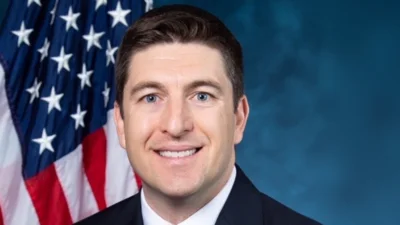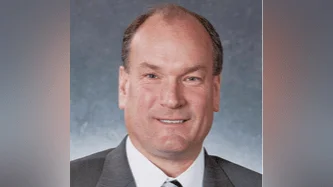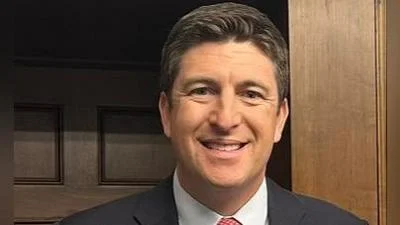Clinton Anderson, Wisconsin State Representative of 45th District | Facebook
Clinton Anderson, Wisconsin State Representative of 45th District | Facebook
According to the Wisconsin State Legislature's official website, the bill was described as follows: "right to bodily autonomy, elimination of certain abortion-related regulations, and coverage of abortion under certain health care coverage plans. (FE)".
The following is our breakdown, based on the actual bill text, and may include interpretation to clarify its provisions.
In essence, this bill establishes the right to bodily autonomy, explicitly including access to abortion, and mandates that the state cannot ban obtaining an abortion if deemed necessary by a medical provider. It nullifies laws or rules restricting abortion access unless they provide legitimate health benefits. Individuals harmed by enforcement of such laws can seek legal remedies. The bill aligns health care providers' requirements with those offering abortion care and removes extra informed consent prerequisites specific to abortions, repealing the need for a 24-hour prior notice. Furthermore, it repeals restrictions on insurance coverage for abortions, mandates coverage if maternity care is included, and abolishes several abortion-related laws, such as physical presence during administration of abortion-inducing drugs and penalties for non-physicians performing abortions. The bill becomes effective post-publication, with certain provisions starting March 1, 2026.
The bill was co-authored by Senator Kelda Roys (Democrat-26th District), Representative Deb Andraca (Democrat-23rd District), Representative Margaret Arney (Democrat-18th District), Representative Mike Bare (Democrat-80th District), and Representative Jill Billings (Democrat-95th District). It was co-sponsored by Senator Tim Carpenter (Democrat-3rd District), Senator Kristin Dassler-Alfheim (Democrat-18th District), and Senator Dora E. Drake (Democrat-4th District), along with 48 other co-sponsors.
Clinton M. Anderson has co-authored or authored another 64 bills since the beginning of the 2025 session, with all of them being adopted.
Anderson graduated from the University of Wisconsin-Rock County in 2016 with an AS and again in 2018 from the University of Wisconsin-Whitewater with a BS.
Anderson, a Democrat, was elected to the Wisconsin State Assembly in 2023 to represent the state's 45th Assembly district, replacing previous state representative Mark Spreitzer.
In Wisconsin, the legislative process starts when a senator, constituent, group, or agency proposes an idea for a bill. After drafting, the bill is introduced, numbered, and referred to a committee for review and public input. If approved, it moves through three readings and votes in both the Senate and Assembly. Once both chambers pass the same version, the bill goes to the governor, who can sign it, veto it, or let it become law without a signature. Only a small share of bills introduced each session ultimately become law. You can learn more about the Wisconsin legislative process here.
| Bill Number | Date Introduced | Short Description |
|---|---|---|
| AB355 | 07/08/2025 | Right to bodily autonomy, elimination of certain abortion-related regulations, and coverage of abortion under certain health care coverage plans. (FE) |
| AB272 | 05/19/2025 | Eligibility for Family Care for individuals who are deaf-blind. (FE) |
| AB205 | 04/23/2025 | Serving maple syrup in a public eating place |
| AB142 | 03/17/2025 | Algorithmic software for residential housing, and providing a penalty |





 Alerts Sign-up
Alerts Sign-up